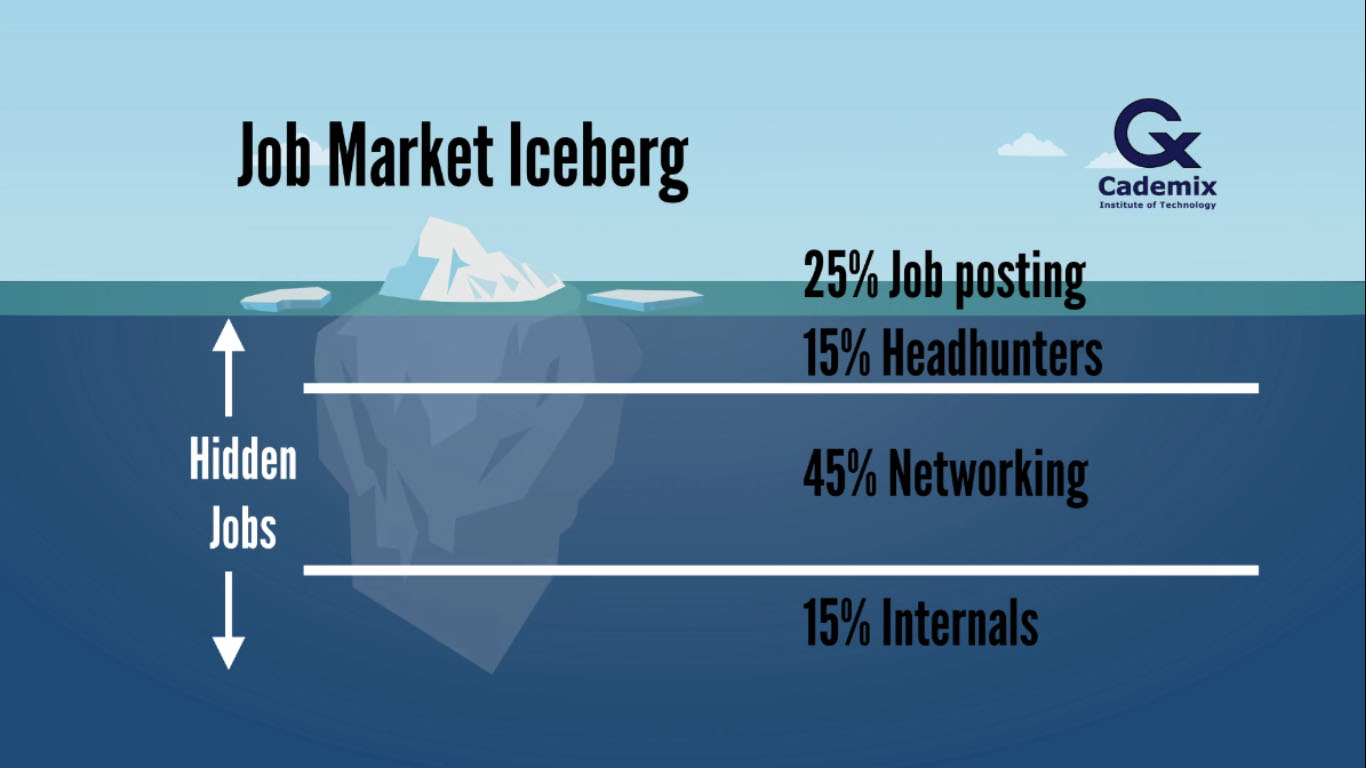Cademix Institute of Technology, Vienna, Austria | +43 650 967 7080 | info@cademix.org


Cademix Institute of Technology
Job seekers Portal for Career Acceleration, Continuing Education, European Job Market
People also visited:
Siemens Teamcenter PLM and Interconnection with SAP and CAD
Biofinity Contact Lenses: A Guide to Comfort and Performance
Career Development Plan during Covid-19
Introduction to Computer-Aided Design: Exploring the Basics with TinkerCAD and FreeCAD
Arduino-Based Study on the Effect of Different Parameters on Cooling of Water
Comprehensive Guide to CV Format Free: How to Create, Customize, and Use Free CV Templates for Job A...
Comprehensive Guide to Simple Resume Format: How to Create, Customize, and Use Simple Resumes Effect...
Optimizing SEO for Multilingual Websites: A Comprehensive Guide
Psychological Factors in Digital Marketing: How Social Media Influences Purchasing Decisions
The Evolution of Color Lenses: A Journey Through History and Fashion
Renting an Apartment in Austria: Essential Tips for International Students and Job Seekers
Arduino and Raspberry Pi in an Amazing Smart Home
Revolutionizing Construction: 7 Powerful Ways AI and BIM Integration Are Transforming the Industry
Agile Project Management in Refineries Overhaul
Exploring Locum Tenens Optometrist Opportunities: The Quick Guide
Legal Loopholes and Ethical Marketing: How Companies Can Navigate Content Boundaries
3D Rigging of Logos for Character Animation: Practical Steps
Intralogistics Solutions and Automation
Luxury Sale Channel Manager - Professional Work from Home
Success Story: Jackie Genbo Chen
Optimierung der Effizienz in der Hochspannungsstromübertragung zur Integration erneuerbarer Energien
Self-Care Tips for Professionals: Maintaining Eye Health with Regular Eye Check Ups
Improving Communication Skills with GPT-4o: Applications for Real-Time Personal and Professional Gro...
Freiberuflicher Architektenjob, Design und Geld verdienen
People also visited:
How To Use AI To Boost Career Confidence In A VUCA Job Market
Sustainability in Event Planning: How to Go Green
Exploring Locum Tenens Optometrist Opportunities: The Quick Guide
Integrating Accessibility into UX Design
Mastering Job Interviews: Insights from Top Coaching Services
"Revit in Complex Construction Projects: Key Features, Challenges, and Solutions for Effective BIM I...
Comprehensive Eye Care: A Complete Guide to Maintaining Healthy Vision
Hospitality and Tourism Careers in Europe: Navigating the Job Market
Why "CV Template PDF" Isn't What You Need: The Right Way to Create an Editable CV
Color Contacts for Astigmatism: Benefits, Risks, and Important Considerations
The Future of Event Planning: Trends to Watch in 2024 and Beyond
Prescription Safety Glasses: Ensuring Protection and Clear Vision
Monthly Contact Lenses: Balancing Convenience and Vision Health
Superabsorbent Polymer – A Review
Comprehensive Guide to CV Format Free: How to Create, Customize, and Use Free CV Templates for Job A...
The Science Behind Bifocal Contacts: An In-Depth Look at Optics and Vision Correction
Comprehensive Guide to CV Cover Letter Templates: How to Create, Customize, and Use Professional Cov...
Career Development Plan during Covid-19
Facade Integration of Photovoltaic Modules: Design and Efficiency
Unlocking Opportunities: A Comprehensive Guide to Agriculture Jobs for International Job Seekers
Revolutionizing Logo Design: The Creative Power of AI
Comprehensive Guide to ATS Friendly Resume Templates: How to Optimize and Use Them Effectively
From CV to Job Offer: Code for Interviews in Germany and Austria
Prescription Contact Lenses: Choosing the Right Fit for Your Vision Needs

